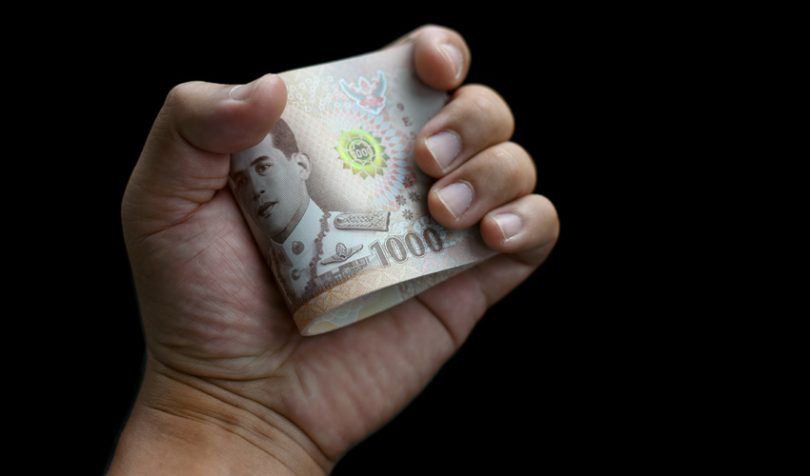Thai news outlets reported a future extension of the Bank of Thailand’s (BOT) central bank digital currency (CBDC) testing work to retailers. As we previously reported, the central bank has tested cross border payments with the Hong Kong Monetary Authority and has started its current phase of testing corporate payments. According to the Bangkok Post, the assistant governor of the BOT, Vachira Arromdee, said it plans to test the digital Baht with retailers next year.
Last month the Bank announced plans for testing business to business payments with the Siam Cement procurement solution. This is the third phase of its Project Inthanon trials and today’s report says the test involves eight banks.
Generally, CBDC is divided into wholesale, limited to financial institutions, and retail is everyone else. After initially trialing a wholesale currency, the BOT has adopted a sensible approach of first testing a retail CBDC for the corporate sector, before exploring a broader reach to consumers via retailers.
In today’s news, Ms Vachira said the Bank needs to be more cautious in its approach to a wider retail digital currency. “By moving into the retail market, [CBDC] could lead to a major disruption of the overall financial market and financial stability, while the role of financial institutions could be changed,” she said.
Additionally, the assistant governor revealed discussions with Facebook about the Libra digital currency for the Thai market. The Bangkok Post reported that allowing such a currency to be used under existing stringent regulations would not be easy and noted negative reactions from other countries.
Ms Vachira also gave the nod to China’s central bank digital currency trials, where there are ongoing announcements about new retail and consumer outlets testing the digital yuan.
Thailand is one of the Chinese Belt and Road initiative countries. While the countries don’t share a border, there is a railway being built in Thailand to connect to China through Laos, which shares borders with both countries.






